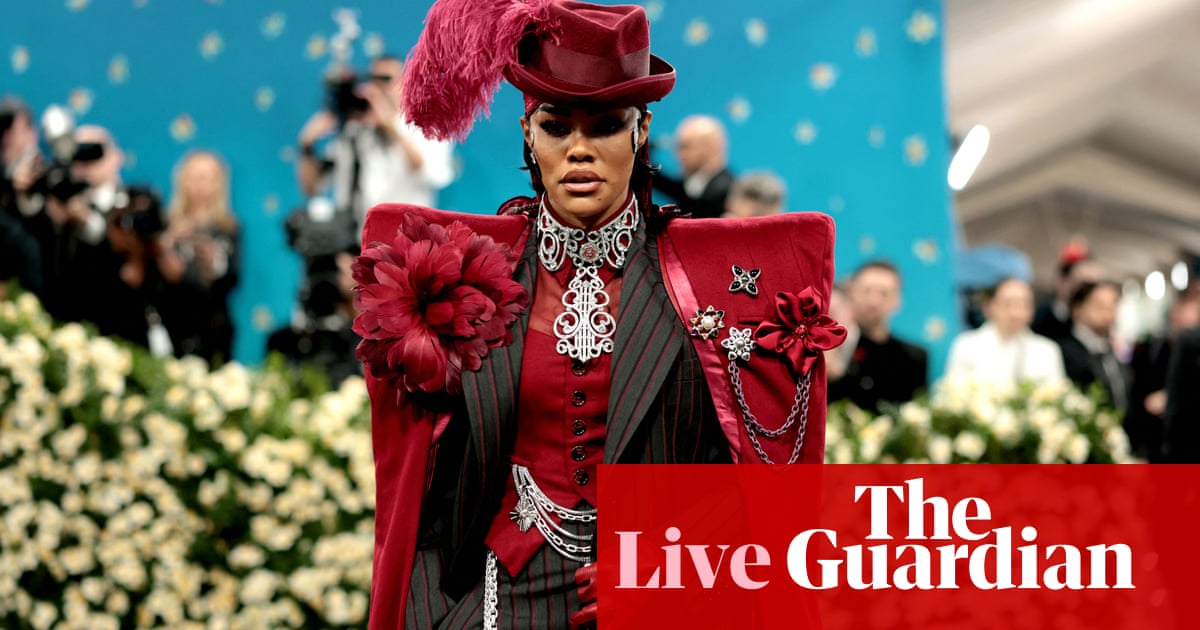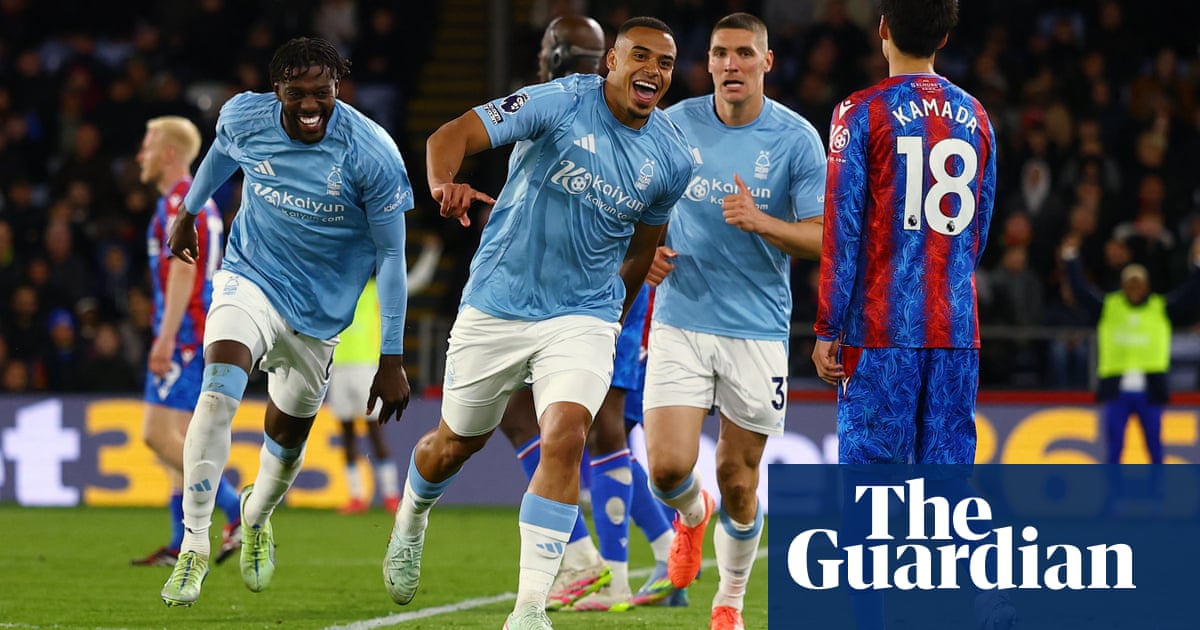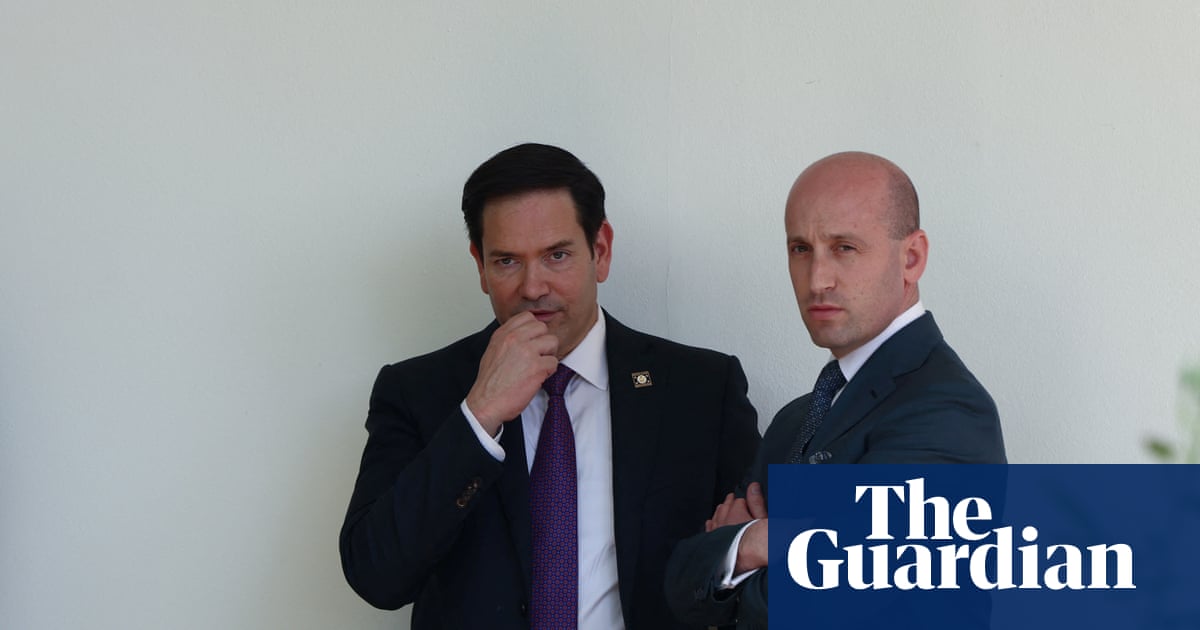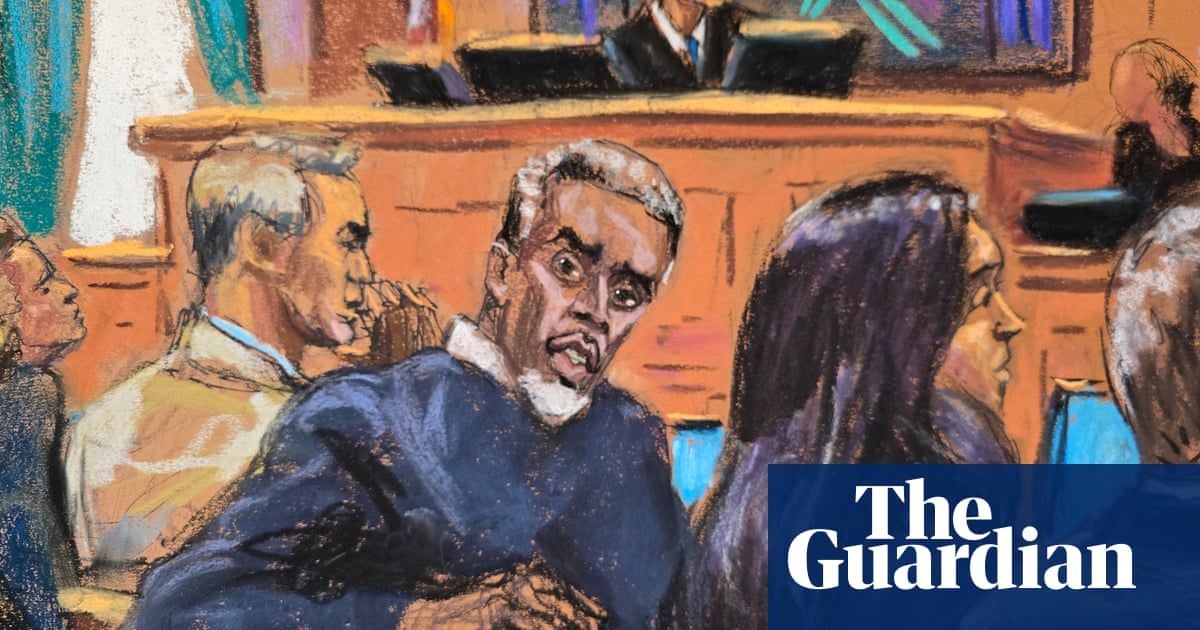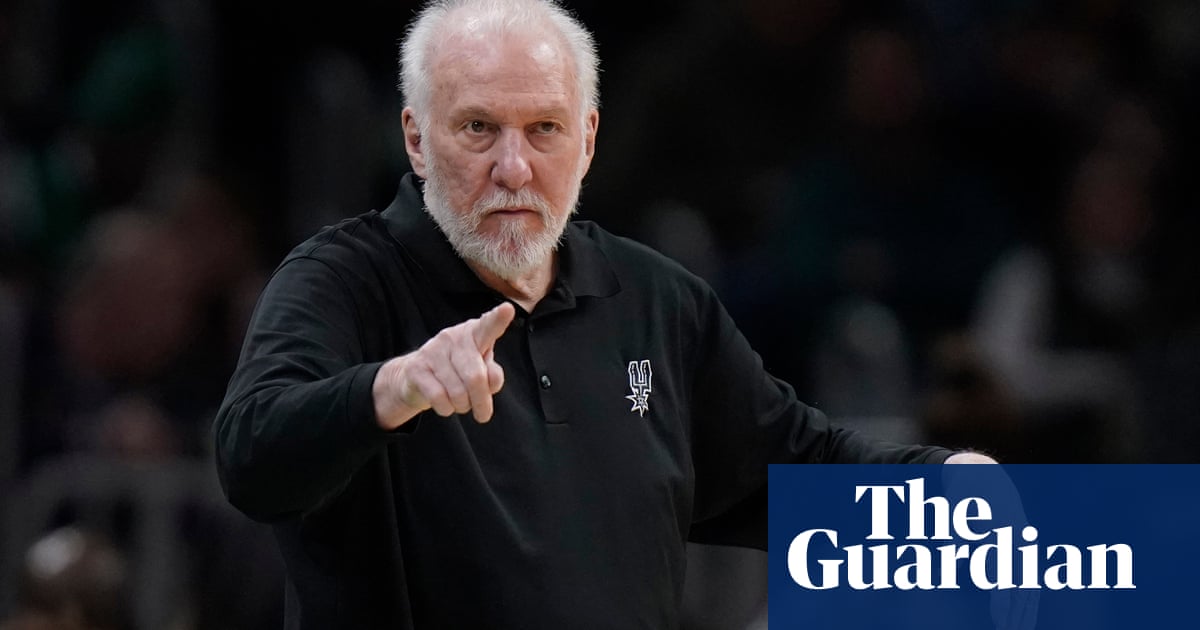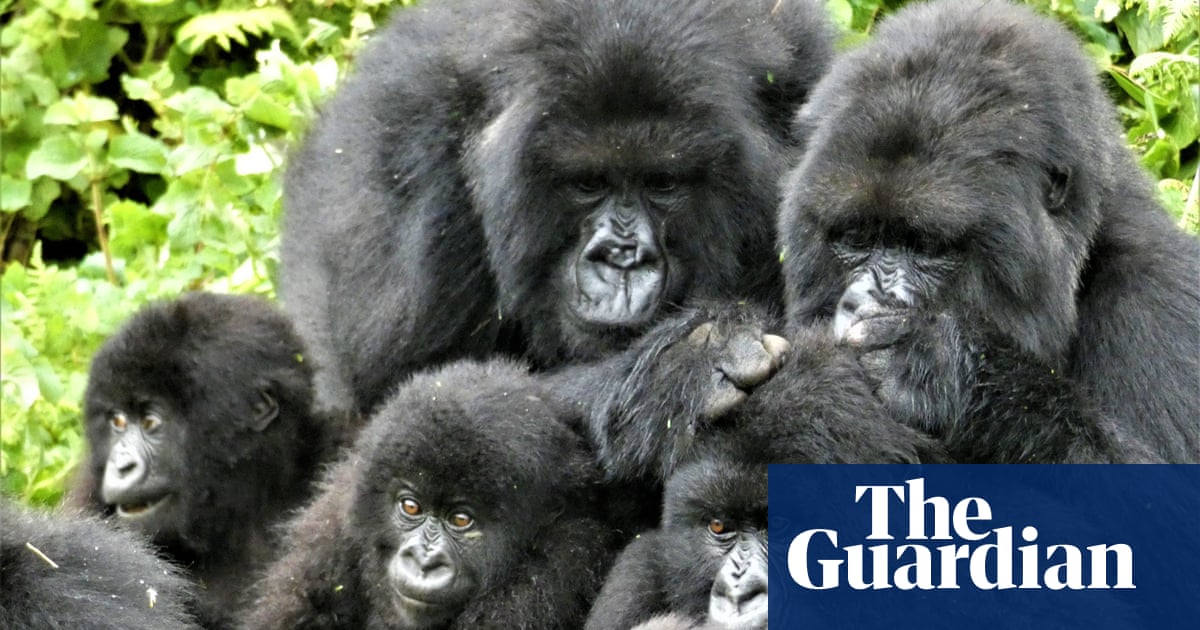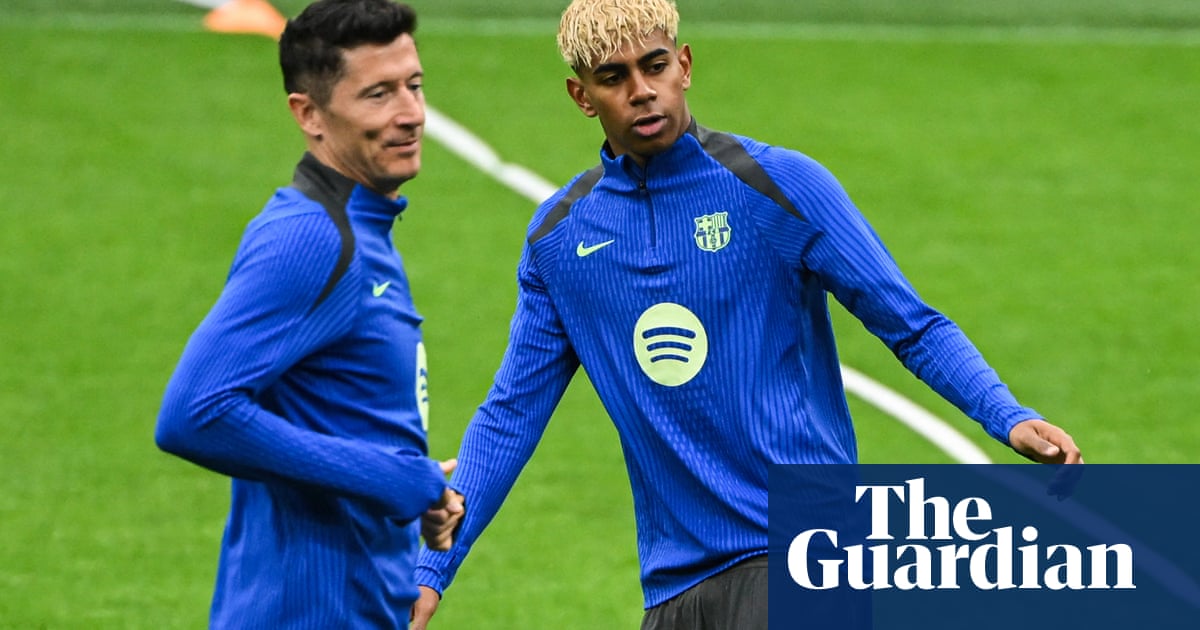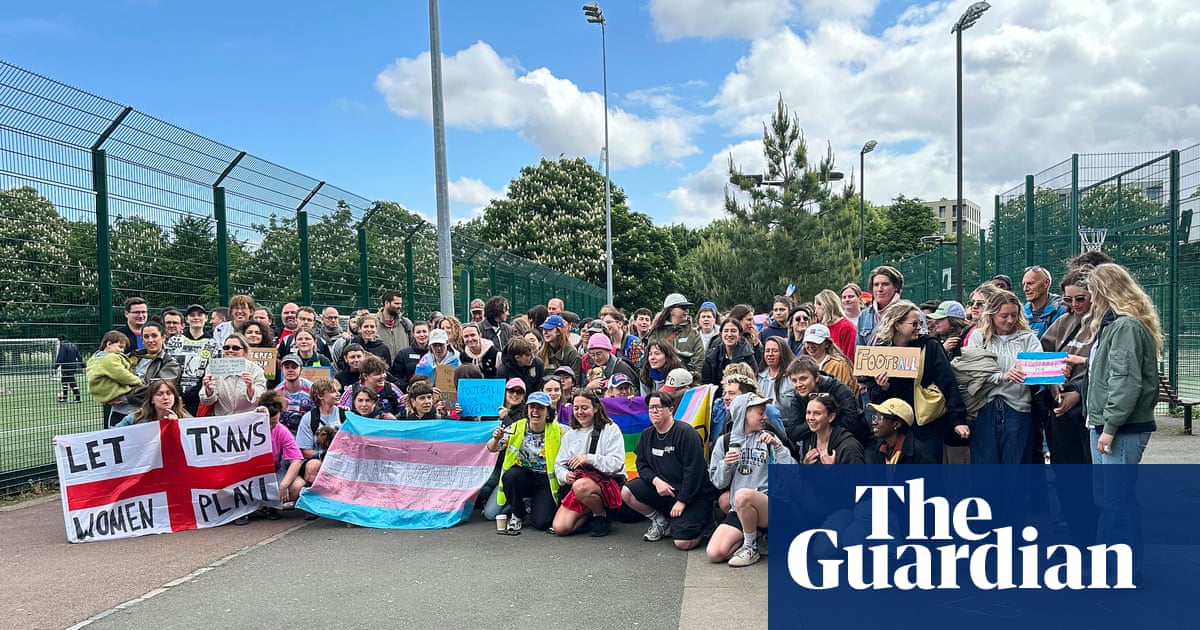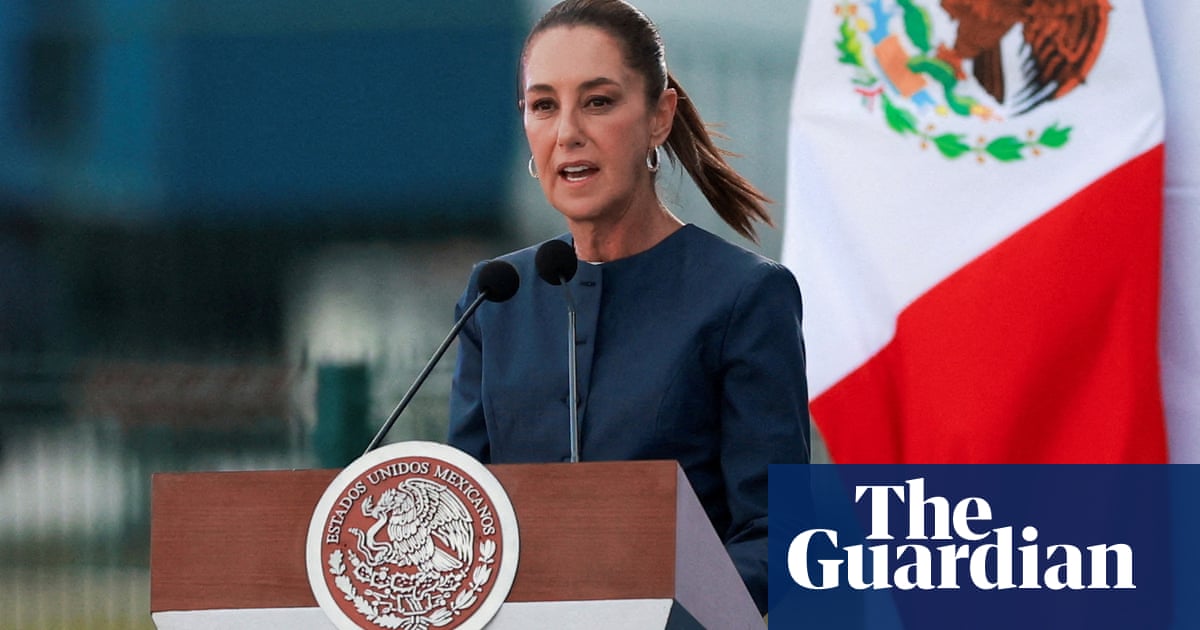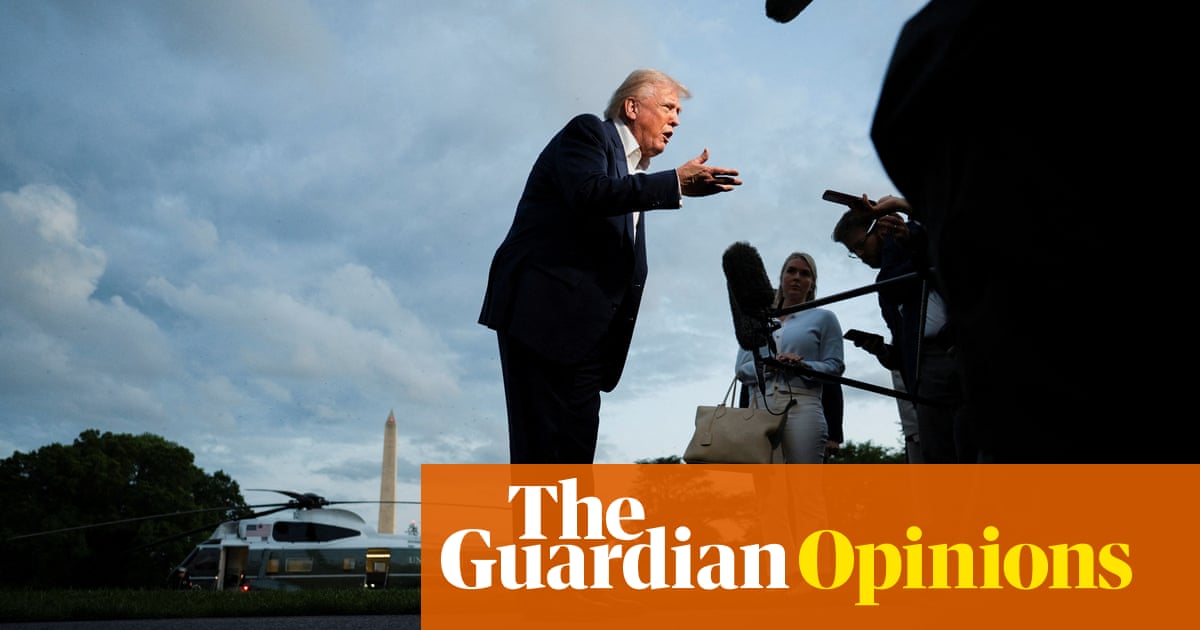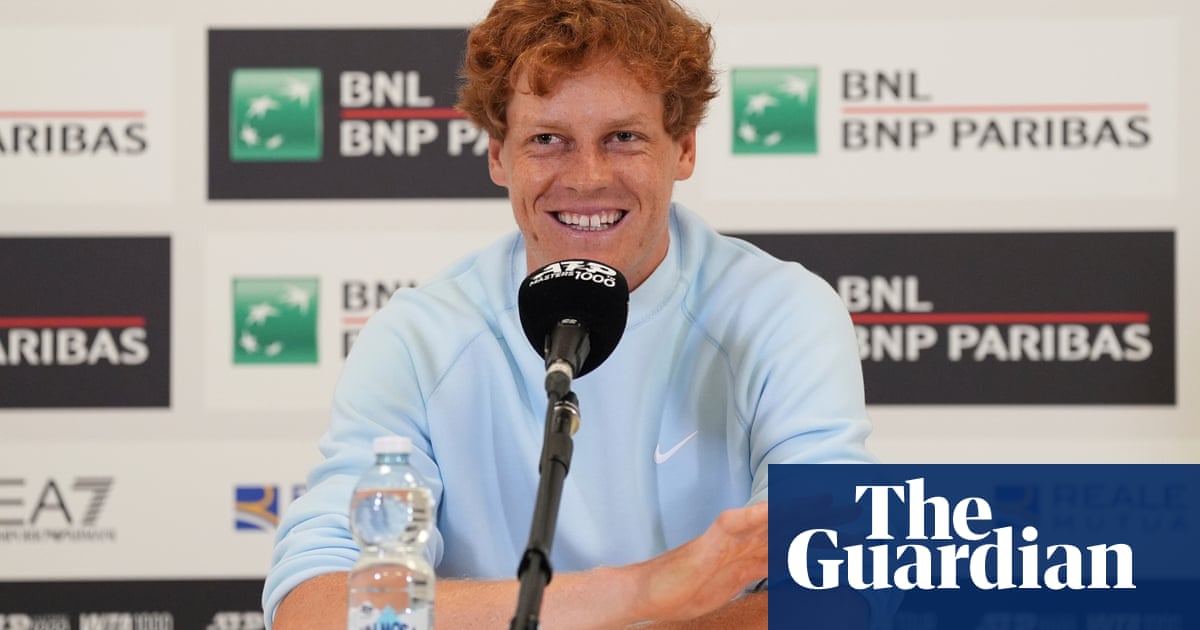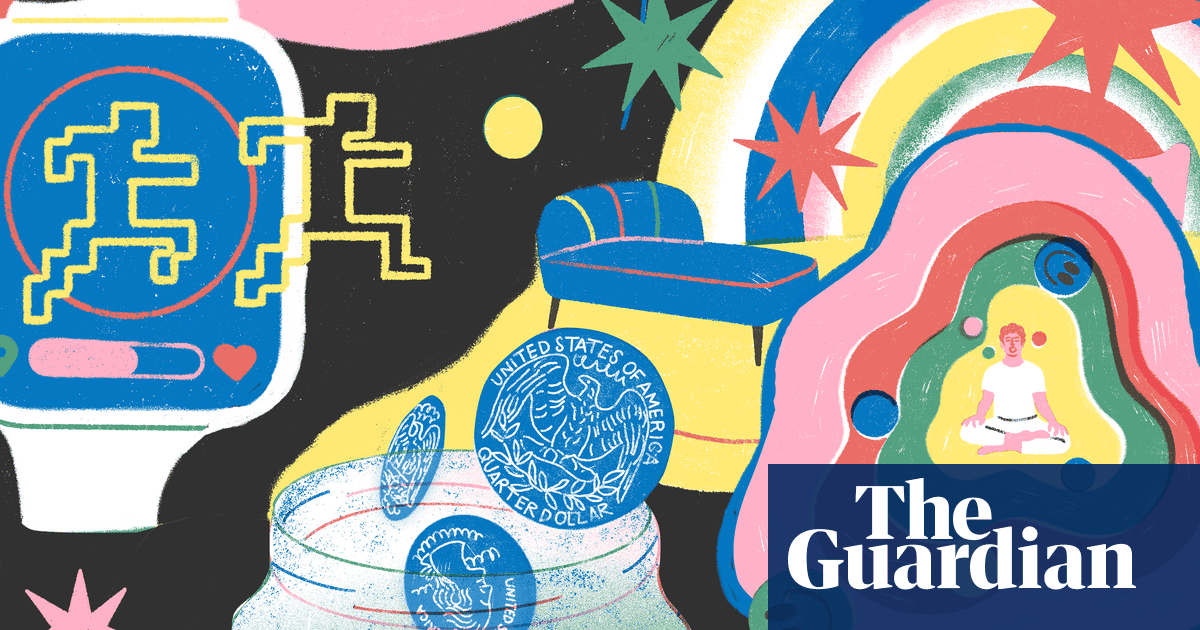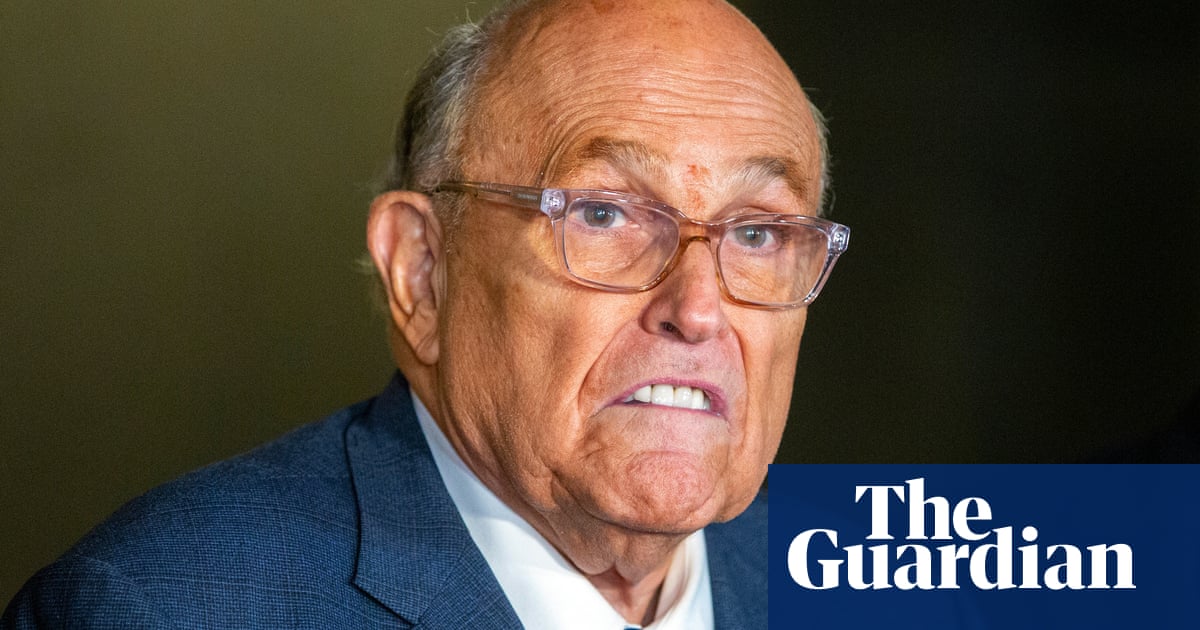OpenAI has reversed course in the process of transforming into a for-profit entity, announcing on Monday that its non-profit arm would continue to control the business that makes ChatGPT and other artificial intelligence (AI) products. Previously, the company had sought more independence for its for-profit division.
“We made the decision for the nonprofit to stay in control after hearing from civic leaders and having discussions with the offices of the Attorneys General of California and Delaware,” said CEO Sam Altman in a letter to employees. Altman and the chair of OpenAI’s non-profit board, Bret Taylor, said the board made the choice for the non-profit to retain control of OpenAI.
A press release from the company said that the for-profit portion of the company, through which Altman has been able to raise billions to fund OpenAI’s work, would transition to a public benefit corporation, a mission-driven designation for a corporate structure that is still aimed at profit but also “has to consider the interests of both shareholders and the mission”. The non-profit would retain control over the public benefit corporation as a large shareholder, according to the press release.
after newsletter promotion
OpenAI’s co-founders, including Altman and Tesla’s CEO, Elon Musk, originally started it as a non-profit research laboratory on a mission to safely build what’s known as artificial general intelligence, or AGI, for humanity’s benefit. Nearly a decade later, OpenAI has reported its market value as $300bn and counts 400 million weekly users of ChatGPT, its flagship product, according to a report the venture capital firm Andreessen Horowitz, which has invested in the startup.
OpenAI faced a number of challenges in converting its core governance structure. One major roadblock was a lawsuit from Musk, who accuses the company and Altman of betraying the founding principles that led Musk to invest in the charity. Musk fell out with Altman and started his own competing AI company, xAI, which recently purchased X, formerly known as Twitter. OpenAI has cast Musk as a sore loser in the dispute, embittered by a rival’s success.

 3 hours ago
2
3 hours ago
2
